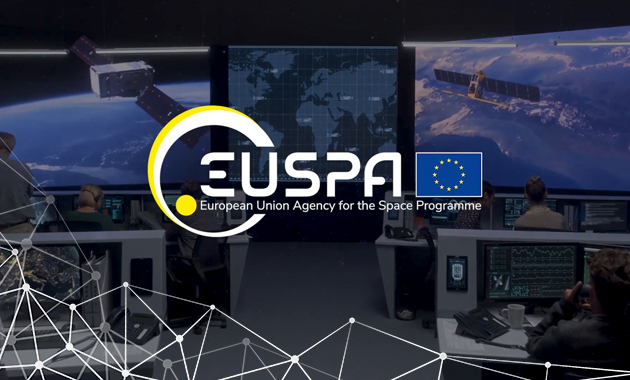Originally published in EUSPA website
Why a European Union Space Programme?
With the creation of the first-ever integrated Space Programme, the European Union is reinforcing its strategy to harness the power of space to re-ignite its post-COVID economy, address climate change, transit to digitalization, and secure its autonomy and sovereignty.
The increase in the budget for the years 2021-2027, underlines the EU expectations for space as an economic enabler with a positive spillover effect across various industries. The new EU Space Programme will generate an even higher return-on-investment through the creation of value-adding, safe and secure space-based services for the EU citizens, business and governments alike. By 2025, space-related jobs across the Union should increase to 400,000.
Space data is an indispensable tool that helps inform policy makers and decision takers to tackle today’s and tomorrow’s challenges. In particular, Galileo, EGNOS and Copernicus support a wide range of EU policies ranging from the Common Fishery (CSP) to the Common Agricultural Policy (CAP) while underpinning the ambitious EU Green Deal and Europe’s digital transition.
A robust EU Space programme, secured from cyber threats and supported by a range of state-of-the-art ground centres and infrastructures ensures the Union’s autonomy and sovereignty.
European Commission, EUSPA and ESA: pieces the same space puzzle
Effective cooperation between the European Union Agency for the Space Programme (EUSPA), the European Commission and ESA is key to achieve a successful EU Space Programme. It will be measured by the benefits we deliver to the citizens and the growth we ignite in EU economy, innovation and society.
Each of the partners has unique and complementary functions and competences.
The European Commission, as project manager, steers the wheel towards pressing societal, economic or environmental challenges where EUSpace makes a difference.
EUSPA, as the EU market-oriented agency, makes sure that these challenges are addressed through the design and development of new space-based services which meet the needs of the users, while ensuring its market uptake.
ESA ensures the roll-out of new satellite technology and architecture of the systems that provide the services.
“With the signature of the Financial Framework Partnership Agreement today we have confirmed the powerful scheme together with the EC and ESA and to keep the EU Space where it belongs: at the top,” concluded Rodrigo da Costa, EUSPA Executive Director.
